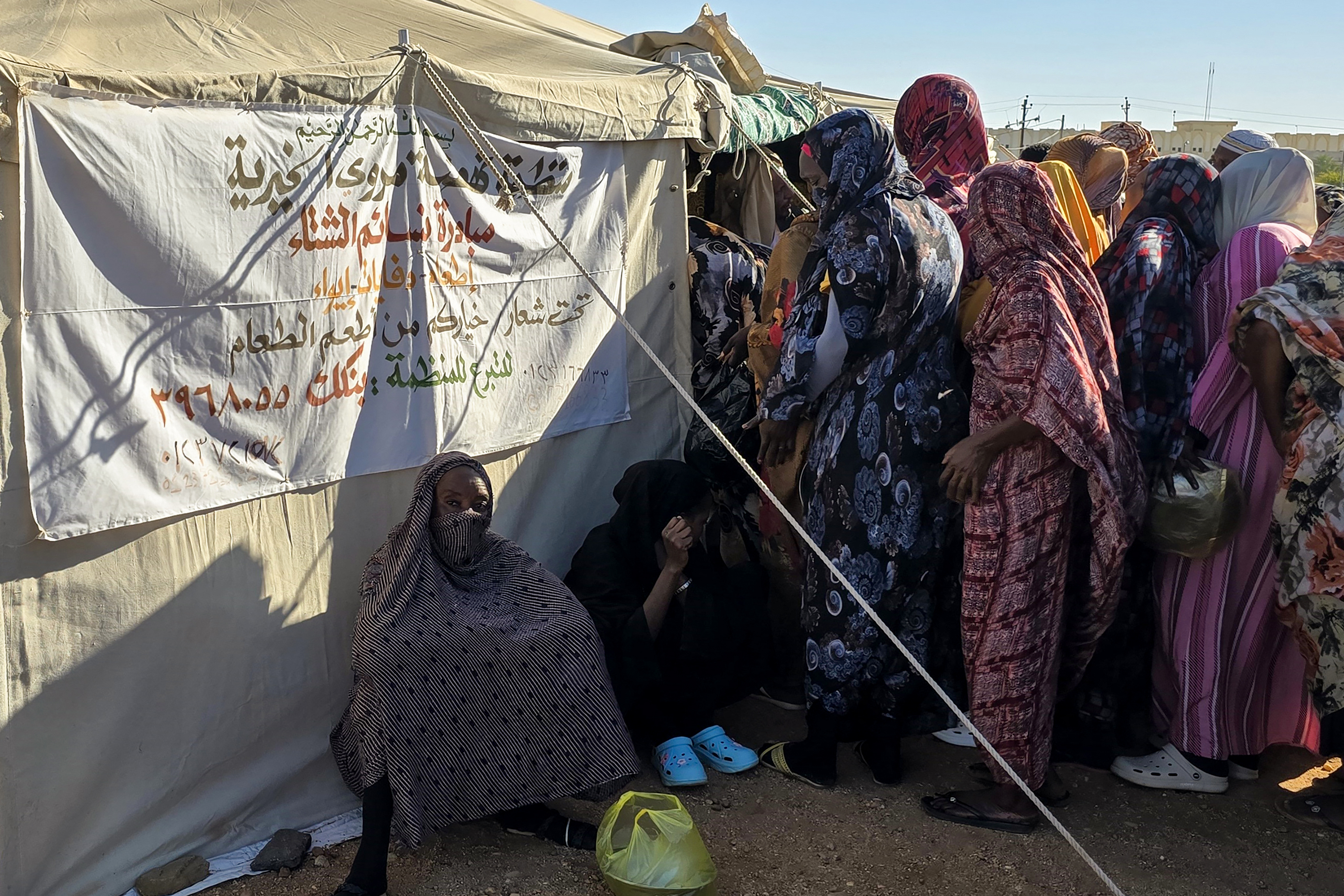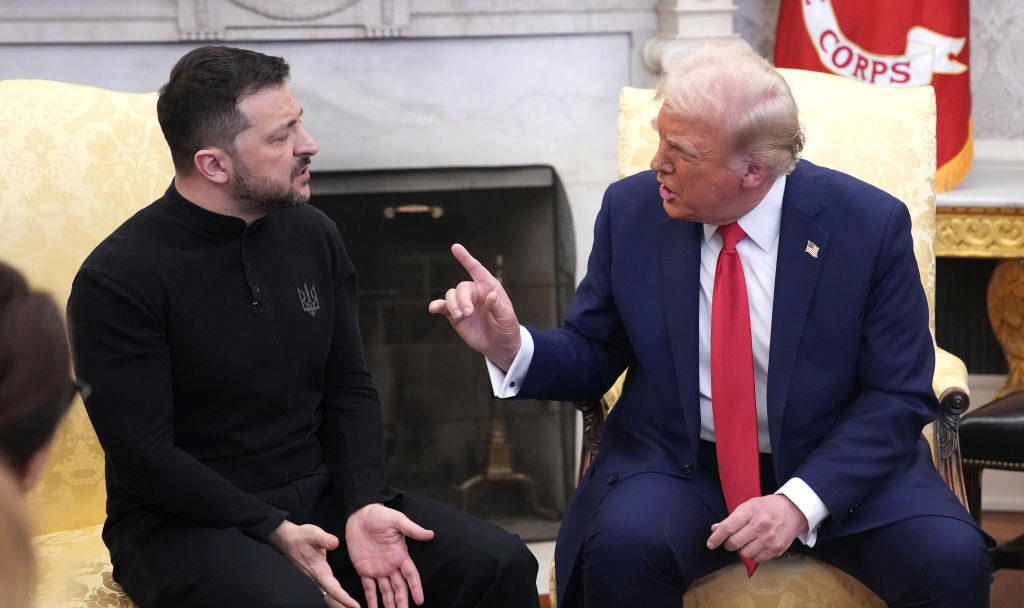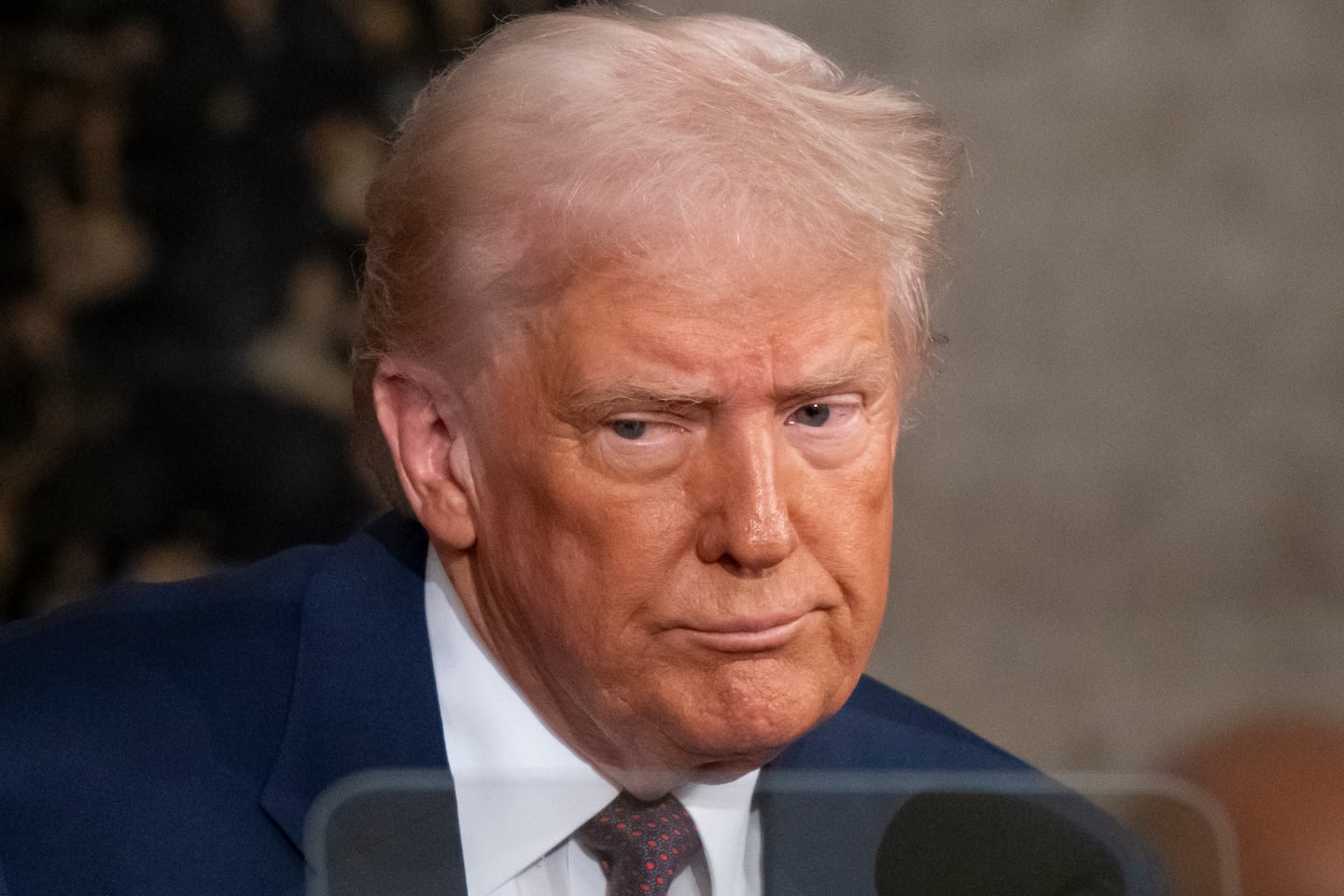Supreme Court Upholds Judge Ali's Ruling in $2 Billion USAID Jurisdiction Case
Published on 3/13/2025, 4:18:21 PM
In recent times, the United States Supreme Court's decision not to overrule a lower court's ruling in the USAID case has sparked notable discourse, and controversy among legal observers, with the more conservative factions expressing the most vehement objections. Casual dismissals of the matter as a mere hiccup, a temporary technical issue soon expected to be resolved, were debunked much to the surprise of these observers.
The latest ruling by Judge Amir Ali puts the issue in a stark light, revealing it to be more than just an ephemeral concern. Speaking from personal experience as a judicial officer with involvement in appellate reviews, I am no stranger to the backroom dramas that can unfold as these legal battles progress. Time and again, I have witnessed my colleagues deviate from their initial firm beliefs; I have pinned down strong objections in written dissents, while selectively refraining from dissenting in a bid to persuade a majority to rethink their stance.
This is the reason why the vigorous dissent delivered by Justice Alito, backed by Justices Thomas, Gorsuch, and Kavanaugh, cannot and should not simply be dismissed or rationalized away. It was a powerful rebuttal aimed not only at Judge Ali's judicial overreach but also at the Supreme Court majority's failure to prevent it.
Interestingly, the dissent didn't laud its harshest criticisms at Judge Ali. Instead, these pointed remarks were mostly and squarely aimed at the Supreme Court majority, especially Chief Justice Roberts and Justice Barrett, who, despite having the power to prevent this outcome, did not.
The fiery dissenters were well aware of the stakes involved. Having interacted with their colleagues, engaged in in-depth discussions both within and outside of conference, they were caught unawares and "stunned" by the court's verdict. The ultimate victory of the Trump administration in this legal fight—if it does come about—won't be due to a multi-layered strategy by Roberts and Barrett. Rather, it would likely be a result of one, or both, breaking the line to throw their support behind Alito, Thomas, Gorsich, and Kavanaugh. Unraveling the essence of the USAIDs case, it fundamentally revolves around the sphere of a court's jurisdiction. The conflict originated in contract law—specifically whether or not USAID had violated its obligations towards the plaintiffs, and if so, whether it could be obliged to make reparations. Ingeniously dressed up as an Administrative Procedure Act (APA) case, it was maneuvered into a federal district court that, fundamentally, lacks the jurisdictional authority to preside over it.
The federal district courts, quite simply, do not have the jurisdictional authority to pass judgement on government contract disputes. To further compound on this contract matter, APA claims cannot cause financial penalties against the government, turning this lawsuit into a manufactured attempt to contrive a constitutional controversy.
Referencing the Tucker Act, jurisdiction for monetary claims against the federal government, where sovereign immunity is waived, lies solely with the U.S. Court of Federal Claims. But the plaintiffs, perhaps strategic or otherwise, chose to file their case in the sort of inappropriate court — the U.S. District Court for the District of Columbia. Whether this was a calculated move or an innocent slip-up will be left to your judgement. But one thing remains starkly clear: every single order issued by Judge Ali in this case extends beyond his jurisdictional purview.
There's only one solution when a court clearly lacks jurisdiction: dismissal. But instead of taking this route, Ali seized an authority he didn't possess and went on to issue a succession of orders that should have been out of reach.




The Supreme Court had the power to nip this bud before it bloomed. Yet, they chose to defer it, pushing the resolution of this issue to an uncertain future. It's an action that reflects the prevaricating nature of the courts as they dance around major rulings, often to their own difficulty and detriment.
Related Articles

Trump Administration Proposes Budget Cuts to Wildlife Research, Risking Conservation Efforts
3/13/2025, 4:07:02 PM
Negotiations Stalled: Democrats Weigh Options as GOP Proposes Cuts to D.C.'s Funding
3/13/2025, 4:01:09 PM
